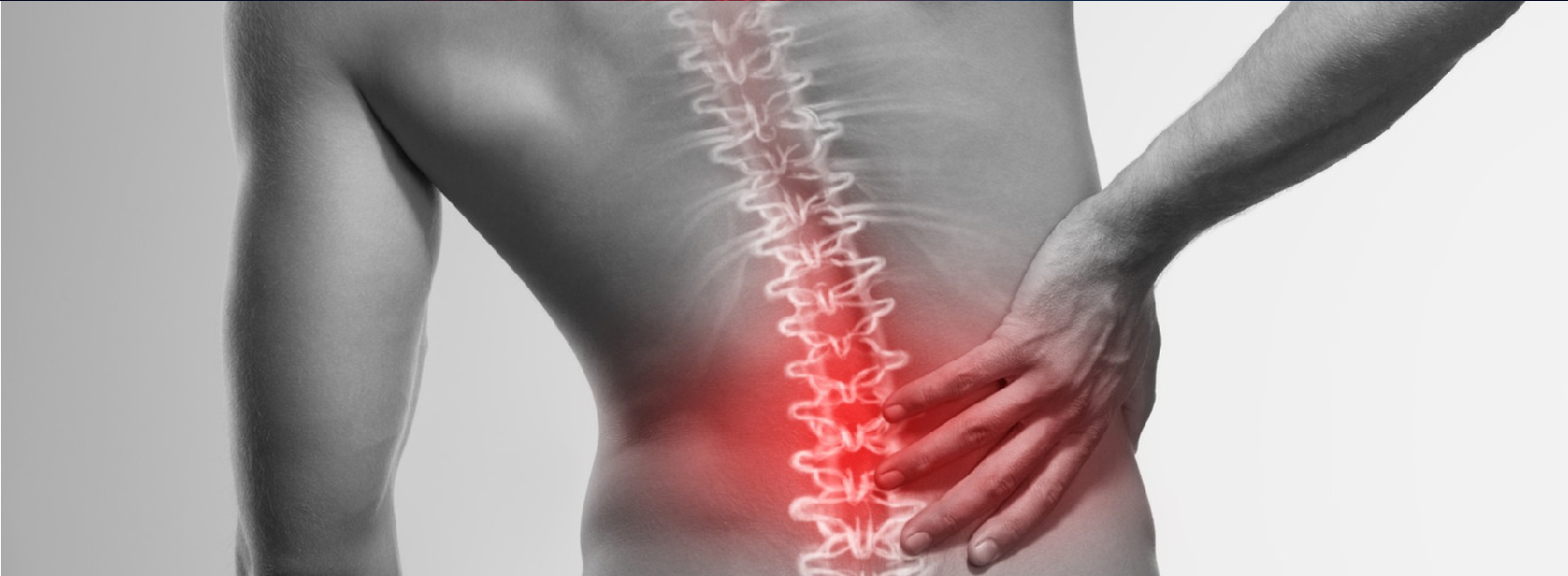
Disc bulge, also known as disc herniation or slipped disc, is a common spinal condition causing back pain, nerve compression, and mobility issues. Symptoms include localised or radiating back pain, weakness in affected muscles, changes in reflexes, difficulty with movement, numbness, tingling, and muscle spasms. Causes range from age-related degeneration to spinal trauma, improper lifting, poor posture, or underlying spinal conditions such as degenerative disc disease. Physiotherapy is key in managing disc bulge, aiming to reduce pain, improve mobility, and strengthen spine-supporting muscles. Treatment involves initial assessment, pain management through modalities like heat therapy or manual techniques, education on proper posture and ergonomics, manual therapy for joint mobilisation, tailored exercise programs focusing on core stabilisation, flexibility, and range of motion, postural re-education, aquatic therapy for low-impact exercises, progressive rehabilitation, functional training, and a personalised home exercise program for long-term recovery..
Book Appointment





